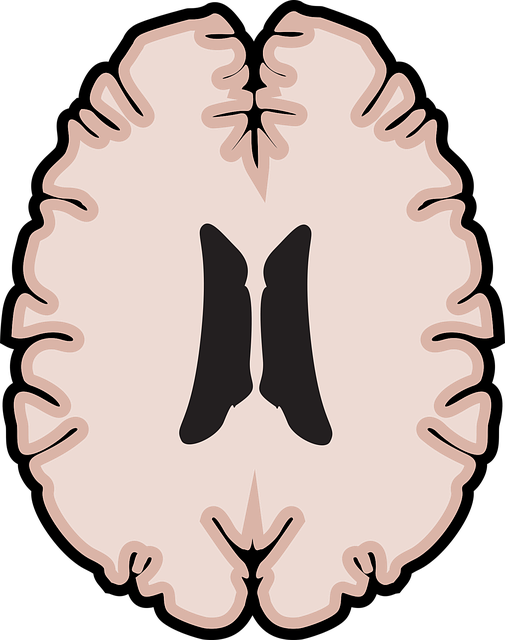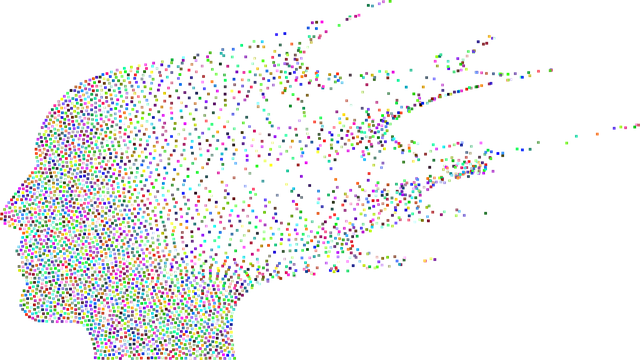Broomfield Hebrew Speaking Therapy offers holistic mental health care through a data-driven approach combining structured assessments, clinical interviews, and validated questionnaires for personalized treatment plans. They utilize advanced techniques like machine learning models and data visualization to track progress, identify trends, and foster targeted interventions. Emphasizing ethical data handling and confidentiality, their rigorous protocols build trust while contributing to stigma reduction and community resilience through cultural-sensitive care and public awareness campaigns.
Mental health data analysis is a powerful tool for understanding patient outcomes, especially at institutions like Broomfield Hebrew Speaking Therapy. This article explores the nuanced process of collecting, analyzing, and interpreting mental health data, focusing on advanced techniques that aid in patient care. From understanding unique collection methods at BHST to leveraging visualization tools and navigating ethical considerations, we delve into strategies enhancing therapy outcomes. Discover how these insights can transform mental health support.
- Understanding Mental Health Data Collection at Broomfield Hebrew Speaking Therapy
- Advanced Analysis Techniques for Interpreting Patient Outcomes
- Visualizing Trends: The Power of Data Visualization in Therapy
- Ethical Considerations and Ensuring Confidentiality in Data Interpretation
Understanding Mental Health Data Collection at Broomfield Hebrew Speaking Therapy

At Broomfield Hebrew Speaking Therapy, understanding mental health data collection is a cornerstone of their comprehensive approach to patient care. The therapy center recognizes that gathering accurate and nuanced data about individuals’ emotional states and behaviors is crucial for effective treatment planning. Through structured assessments, clinical interviews, and validated questionnaires, they meticulously capture the unique experiences and challenges faced by each client. This data-driven methodology not only ensures personalized care but also facilitates progress tracking over time.
Broomfield Hebrew Speaking Therapy goes beyond data collection, integrating self-care routine development for better mental health as a key component of their services. They organize stress management workshops to empower individuals with coping strategies and emotional healing processes tailored to their needs. This holistic approach leverages the latest insights from mental health research, ensuring that clients receive dynamic and evidence-based support throughout their journey towards improved well-being.
Advanced Analysis Techniques for Interpreting Patient Outcomes

In the realm of mental health data analysis, advanced techniques play a pivotal role in understanding patient outcomes and designing effective treatment strategies. These cutting-edge methods go beyond traditional analysis, employing sophisticated algorithms and machine learning models to uncover intricate patterns within vast datasets. For instance, at Broomfield Hebrew Speaking Therapy, professionals harness these tools to analyze trends related to self-esteem improvement, enabling them to tailor interventions for better patient results.
By delving into advanced analysis, mental health practitioners can gain valuable insights into the complex interplay of various factors influencing patient well-being. This approach facilitates the development of targeted programs and personalized care plans. Incorporating techniques like predictive analytics and sentiment analysis from text data (e.g., surveys, therapy notes) helps in identifying at-risk individuals early on and evaluating the impact of mental health education programs designed to enhance mental health awareness among diverse populations.
Visualizing Trends: The Power of Data Visualization in Therapy

Visualizing data is a powerful tool in the field of mental health care, offering therapists and coaches unique insights into their clients’ journeys. At Broomfield Hebrew Speaking Therapy, we recognize the value of data visualization as a means to uncover trends and patterns that might otherwise go unnoticed. By transforming complex numbers and qualitative feedback into visual representations, therapists can gain a clearer understanding of individual progress and overall client populations.
This technique allows for the identification of common themes, such as triggers for anxiety relief or specific challenges within mental wellness coaching programs. Moreover, data visualization aids in tracking the effectiveness of various interventions and even contributes to stigma reduction efforts by presenting anonymized, aggregated data, promoting a more nuanced perspective on mental illness.
Ethical Considerations and Ensuring Confidentiality in Data Interpretation

When analyzing mental health data, ethical considerations and ensuring confidentiality are paramount. At Broomfield Hebrew Speaking Therapy, we recognize that individuals’ psychological and personal information is highly sensitive. Thus, strict protocols are in place to safeguard data privacy, adhering to both national and international standards. Our team members undergo comprehensive training on data protection regulations, emphasizing the importance of discretion and responsible handling of patient records.
This commitment to confidentiality extends beyond legal obligations, reflecting our dedication to fostering trust with clients. We understand that openness about mental health struggles is often a significant step towards healing, and we aim to uphold an environment where individuals feel secure sharing their experiences. This approach not only facilitates accurate data interpretation but also supports the development of tailored treatment plans, contributing to effective public awareness campaigns and resilience building within our community, while maintaining unparalleled cultural sensitivity in mental healthcare practice.
Mental health data analysis is a powerful tool for understanding patient progress, as demonstrated by the practices at Broomfield Hebrew Speaking Therapy. Advanced techniques and data visualization can provide valuable insights, aiding therapists in making informed decisions to improve patient outcomes. However, ethical considerations, particularly regarding confidentiality, must be paramount throughout the process. By balancing these aspects, mental health professionals can leverage data interpretation to revolutionize care, ensuring a more personalized and effective therapeutic journey for all patients.














